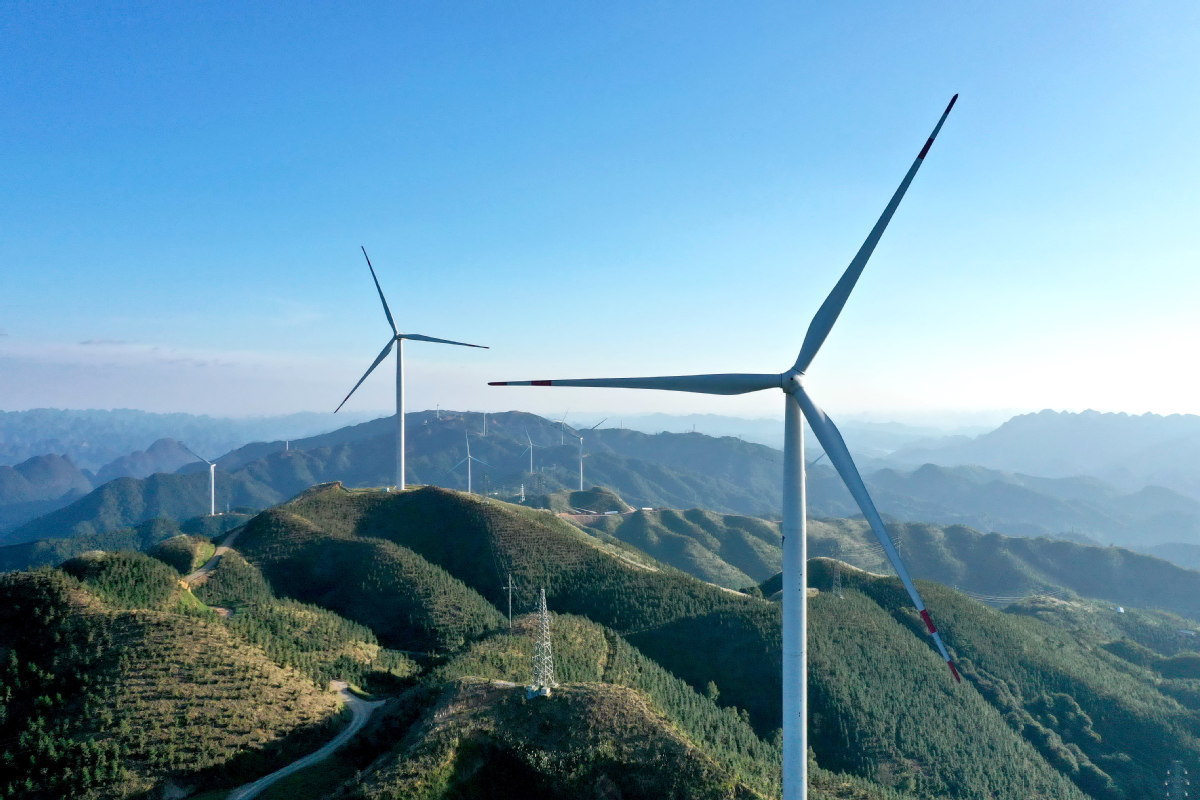Inspections to target high energy projects
Inspections to target high energy projects

The central environmental inspection office will step up measures to curb the introduction of projects with high energy consumption and emissions, an environmental official said on Monday.
The more stringent controls are part of China's efforts to reach its climate targets and further improve air quality. China is aiming for peak carbon dioxide emissions before 2030 and to achieve carbon neutrality before 2060.
"President Xi Jinping has stressed on multiple occasions that we should promote coordinated progress in pollution reduction and carbon emission cuts as a main focus of the country's efforts for overall green transformation of economic and social development," Xu Bijiu, executive deputy director of the central environmental inspection office, said at a news conference.
Local governments' implementation of the country's climate goals will be taken into consideration during the inspections, according to the president.
Curbing projects with high energy consumption and emissions would also help in the optimization of the country's industrial structure and energy mix and further improve air quality. "This is a very important issue," Xu said. "It's also an urgent issue with wide-ranging concerns."
The central environmental inspection teams were established in 2016 after a one-year pilot program and are usually led by retired ministry-level officials. The inspectors report to a central leading group headed by Vice-Premier Han Zheng.
Some industries still had a "very strong impulse" to haphazardly introduce high energy consumption projects, which needed to be "resolutely contained", he said.
Xu said his office has taken a series of measures to enhance inspectors' capabilities to identify such violations.
In preparation for monthlong inspection tours that started in April in eight provincial regions, including Shanxi and Jiangxi provinces, inspectors were briefed on instructions made by Xi as well as the Energy Conservation Law and national policies on the issue.
The teams were also tasked with combing through government documents relating to development projects, he said. "To strictly curb projects with high energy consumption and emissions was not only the key task in the past round of inspections, but will be in all future inspections," Xu said, adding they have improved workflow to facilitate future work.
Since 2015, the office has received 237,000 reports about environmental violations from the public and most of them have been settled, according to the ministry.
In the first round of inspections that covered all provincial regions across the country by the end of 2018, more than 6,000 officials were held accountable for 509 severe violations, including about 20 provincial-level officials and over 900 prefecture-level officials, the ministry said.






